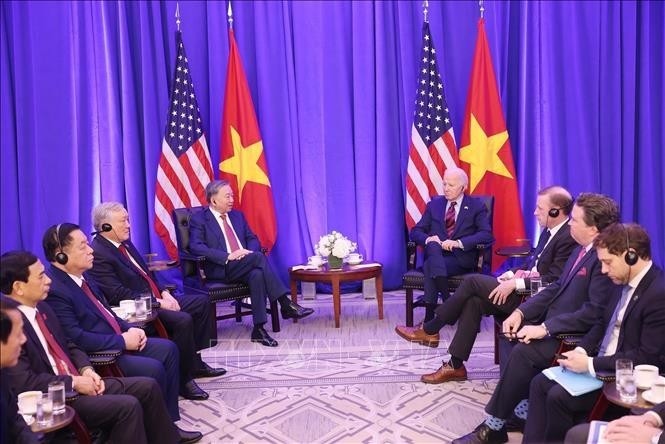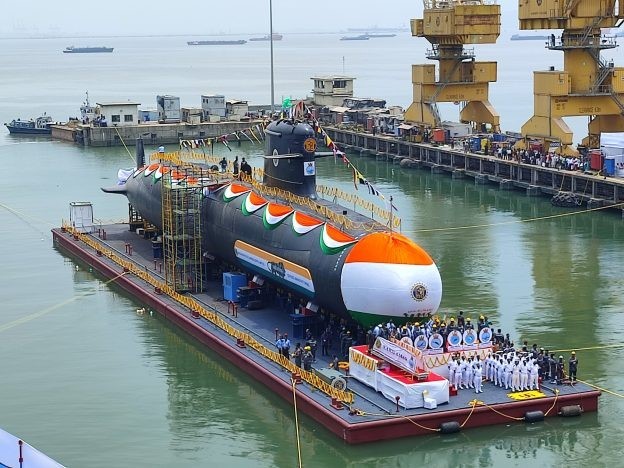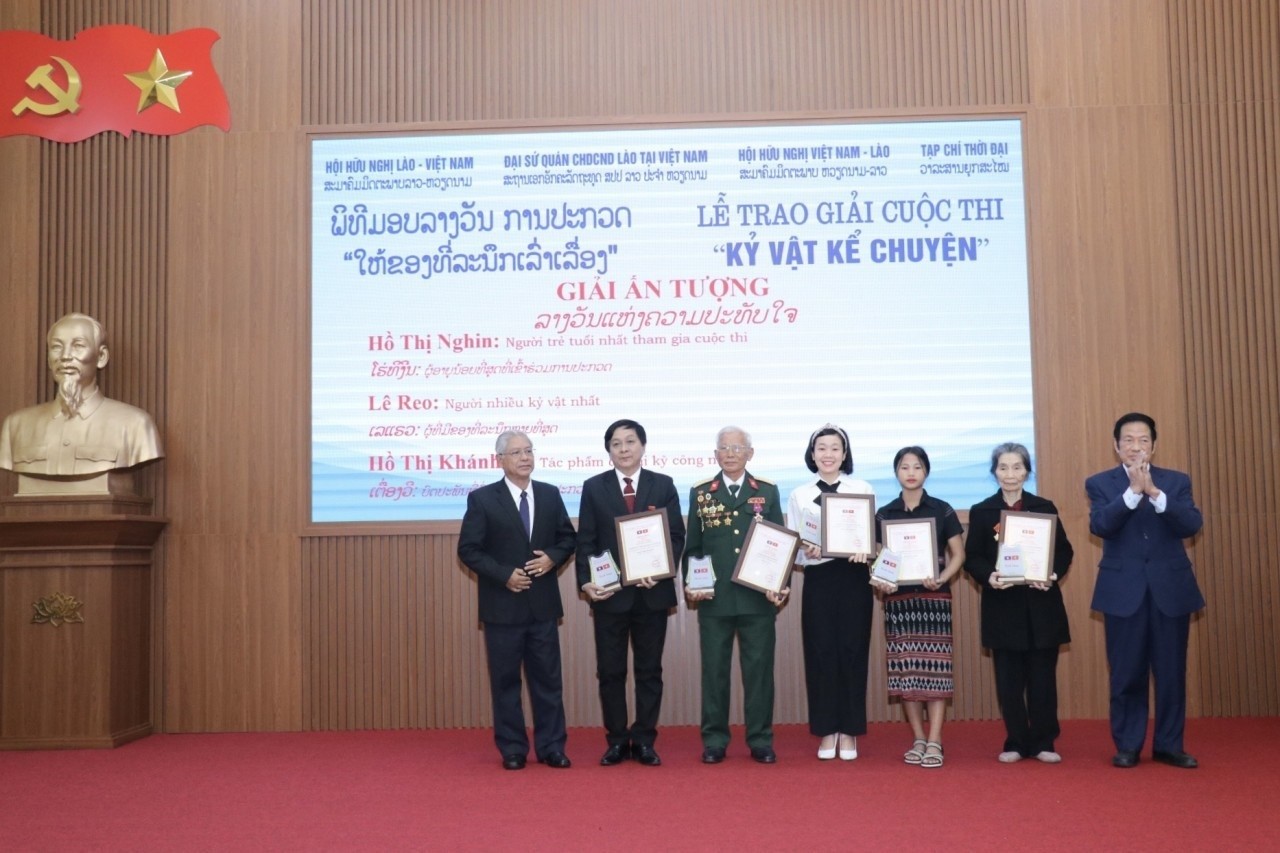FATF Assessment Affirms India’s Financial Integrity
The 39-member Paris-based global agency added that the nation is achieving good results when it comes to money laundering and terrorism financial risk understanding, international cooperation and depriving criminals of their assets and counter-proliferation financing measures. The FATF has carved out a crucial role in setting international standards for combating financial crime and promoting global financial stability, and its evaluation processes nowadays carry a lot of weight,
Under Indian laws, all non-profit organisations need a foreign contribution licence to receive international donations, a process supervised federally by the Home Ministry through the Foreign Contributions Regulation Act (FCRA). Over several months prior to the FATF scrutiny of India’s ML regulations, organisations like Amnesty and Greenpeace were accusing the Indian government of using these laws to stifle and deliberately hinder the work of thousands of non-government organisations and think-tanks. In the face of these allegations, the FATF took time and sought to understand if there was indeed any adverse impact that India’s laws were having on the functioning of non-profit organisations and civil society groups.
Addressing these concerns, the FATF has said that India needs to ensure it is implementing counter-terrorism financing measures in the non-profit sector using a “risk-based approach”.
It may be noted that the FATF itself recognises the threat posed by terrorist organisations and non-profit organisations which have very different objectives, but often rely on similar logistical capabilities. Funds, material, personnel and public influence are key resources for non-profit organisations (NPOs). Terrorist organisations seek the same resources to further their cause, which makes NPOs vulnerable for abuse by terrorists or terrorist networks. NPOs are at risk of being abused for terrorism at different levels: from the misappropriation of street-level fundraising to the infiltration of terrorist organisations at the programme delivery level to promote their ideology. FATF’s Recommendation 8 requires that countries review their laws and regulations to ensure that NPOs cannot be abused for the financing of terrorism.1
Anti-Money Laundering (AML) and Combating Terror Financing (CTF) regimes have improved since the first set of FATF Recommendations was established in 2003, but not evenly across the board and overall compliance with central FATF Recommendations is low.2 Amidst this low compliance globally scrutiny on India reeked of a conspiracy to denigrate India’s democratic principles.
NGOs can be infiltrated by extremist-minded individuals who misappropriate funds and make them specifically available to terrorist organisations. NGOs can also be specifically established and then used to acquire funds for terrorist organisations, disguising the activities of those organisations. In addition, NGOs can be purposefully deployed to collect monetary donations and donations in kind and to organise events aimed at pursuing terrorist goals. The fact that these organisations are legally classified as not-for-profit heightens the trust placed in them.
China has systematically blocked attempts by India to designate Pakistan-based terrorists, undermining the entire UN counter-terrorism sanctions regime. India has proven that diligence through the FCRA can prove to be detrimental for ML motives. It is clearly to undermine the Indian success in reinforcing the counterterrorism norm that some nations systematically attacked India’s domestic ML laws itself as constraining.3
Despite FATF’s own recommendations, India's stringent measures under the FCRA, enacted to prevent foreign funds from being used for activities detrimental to national interests, drew scrutiny. This can be clearly and squarely attributed to anti-India propaganda emanating from certain countries. In its official response following the FATF plenary, the Indian government illuminated the country's progress and compliance achievements, focusing on several successes in enhancing financial integrity and security measures.
The assessment comes against the backdrop of criticism from non-governmental organisations (NGOs), who say Prime Minister Narendra Modi’s government has misused counter-terrorism laws over the years to target them and policy think tanks such as Amnesty International and Greenpeace. A team from the FATF had visited India in November 2023 and met with representatives from several non-profit organisations to understand their concerns.
It must be recalled that at the third ‘No Money for Terror’ (NMFT) Ministerial Conference, hosted by New Delhi on November 18-19, India as the chair had proposed to “permanency of this unique initiative of NMFT, in order to sustain the continued global focus on countering the financing of terrorism,” stating that a “Permanent Secretariat” could be set up in India.4
Highlighting the lead taken by India in the global fight against terrorism, Prime Minister Narendra Modi in his address to the NMFT had stressed that new technologies should not be demonised, but used to ‘track, trace and tackle terrorism.’ Union Home Minister Amit Shah, who addressed both the opening and closing sessions of the conference, emphasised that to achieve the goal of “No Money for Terror”, the global community must understand the “Mode – Medium – Method” of terror financing and adopt the principle of ‘One Mind, One Approach’ to tackle the problem.
The current caveat regarding NGO oversight in fact reflects the country’s progress in AML/CFT efforts. The Mutual Evaluation Report (MER) of India, discussed during the FATF meeting, highlighted India's robust technical compliance with 40 FATF recommendations, placing it in the 'regular follow-up' category, a status shared by only a select few G20 countries. India’s high rating underscores its capacity to lead global efforts against cross-border terror financing and money laundering.








